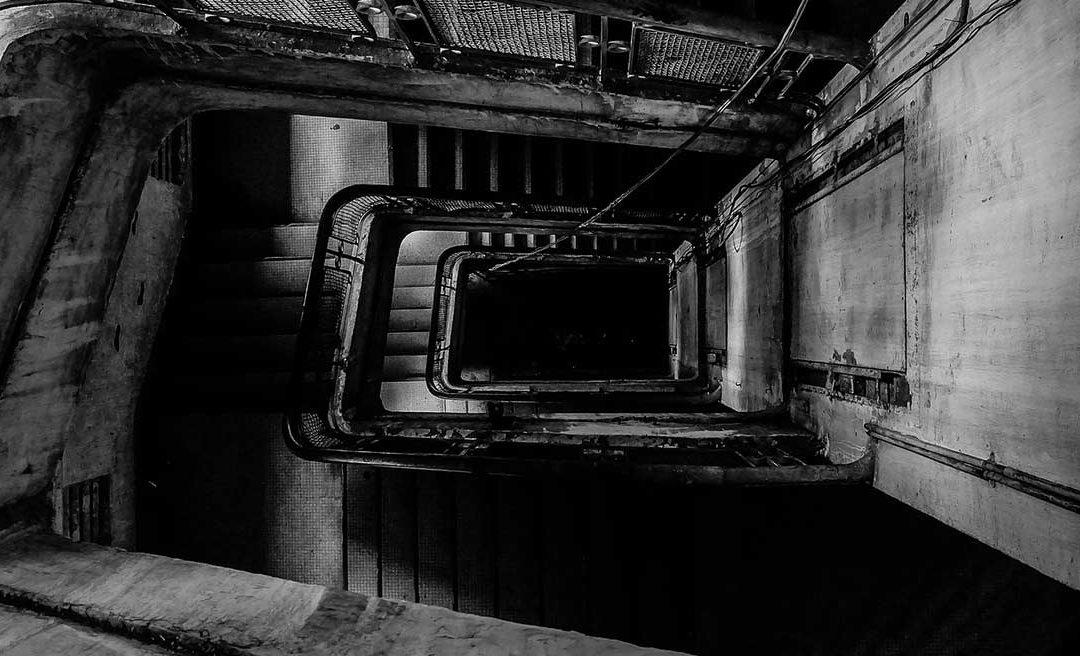The Condominium Act regulates situations where the respective owners of separate units within a building or group of buildings also enjoy rights of ownership or the enjoyment of the common parts together with the other owners.
What is considered a Common Part?
The Common Parts are usually defined in the deed of acquisition of the property. Unless the contract states otherwise, the following are considered to form part of the Common Parts, even if one or more owners do not make use thereof:
(a) the land on which the building is constructed, the foundations, the external walls, including the common dividing walls with neighbouring tenements, the roofs, the shafts, the stairs, the entrance doors, the lobbies, corridors, the stairwells, the courtyards, the gardens, the airspace above the whole property and in general, all the other parts of the property which are intended for the common use;
(b) the parts used as a reception and as a common washroom and the parts used as a porter’s lodge, for the central heating equipment, and for all other facilities intended for the common use; and
(c) lifts, wells, cisterns, aqueducts, sewers, drainage pipes, all installations for water, gas, electricity, heating and similar services up to where the said installations branch off to the exclusive property of each owners, and works, installations and objects of whatever type intended for the common use or benefit.
What are the benefits of registering a Condominium?
The registration of a Condominium is beneficial since it provides a mechanism for the better administration of the common parts. This is done through the appointment of an administrator and by the drawing up of the Condominium Rules. These provide clearly established rules regulating the use of the common parts and the apportionment of expenses incurred in connection with the common parts. The rules also provide the applicable procedures for the implementation of certain decisions concerning the common parts such as the making of alterations to or innovations in the common parts which bring about an improvement or the more comfortable use or the better enjoyment of the common parts such as the installation of a lift.
The condominium is managed by the administrator who is appointed by the owners, also known as condomini. The administrator represents the condominium in all its affairs, and is entitled to act on behalf of the condominium, including to claim payment from any owner of his share towards the common expenses.
Any condominus may take the initiative to draw up the rules of the condominium, which rules would be registered with the Land Registry. These rules require the approval of a two-thirds majority.
What is the required majority for the approval of decisions of the Condominium?
Certain decisions require a two-thirds majority of all owners represented during the meeting of the condomini while other decisions require the unanimous consent of all condomini. Decisions are carried during meetings of the condomini which meetings must be convened according to the rules established under the Condominium Act.
What should an owner do if not satisfied with the administration of the Common Parts?
It is always advisable for any prospective buyer to seek legal advice regarding his rights and obligations as an owner within a condominium and to review the terms of the proposed deed of acquisition to ensure that there are no anomalies or irregularities.
If an owner is not satisfied with any matter which concerns his rights or obligations vis a vis the enjoyment or use of the common parts, he may in certain cases refer the matter to arbitration.
Should you require any further assistance, you may contact Dr. Simon Galea Testaferrata, Dr. Rita Mifsud or any other member of our firm dealing with Property Law.
